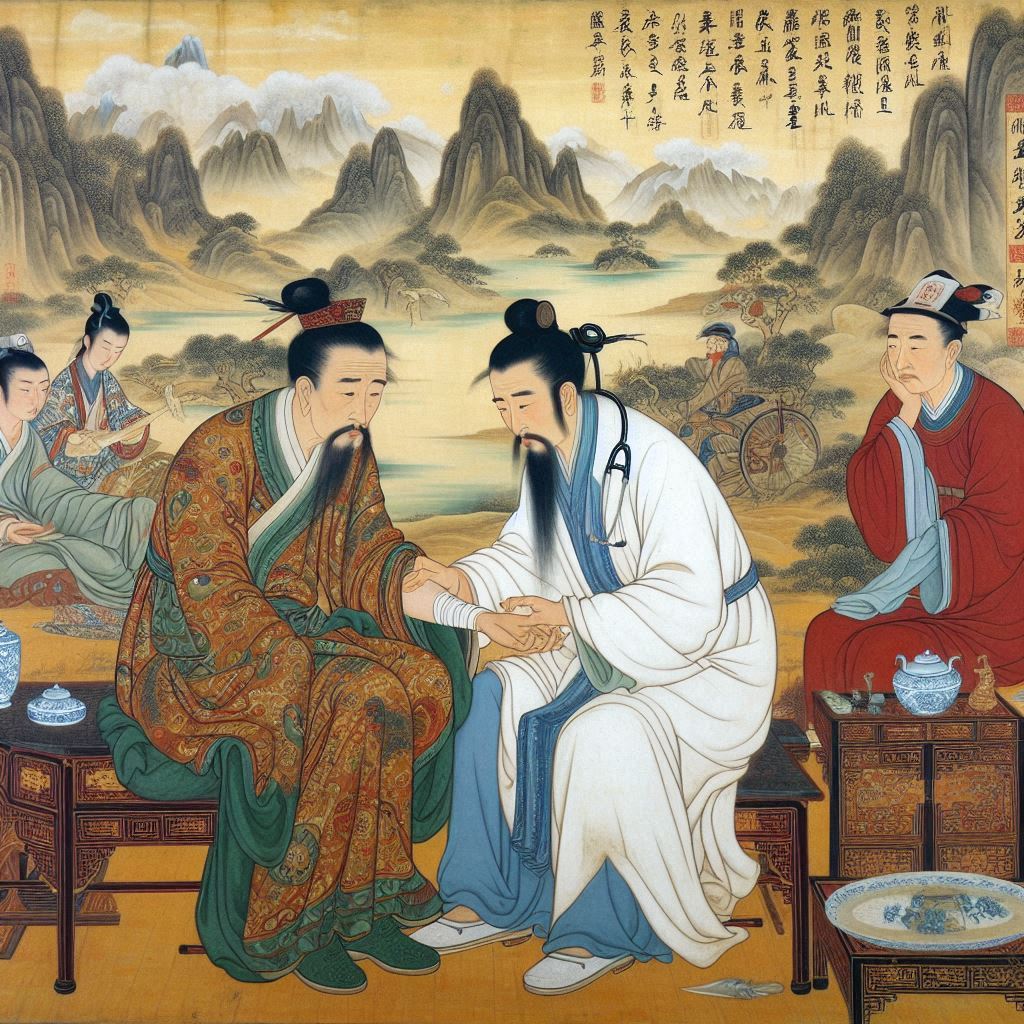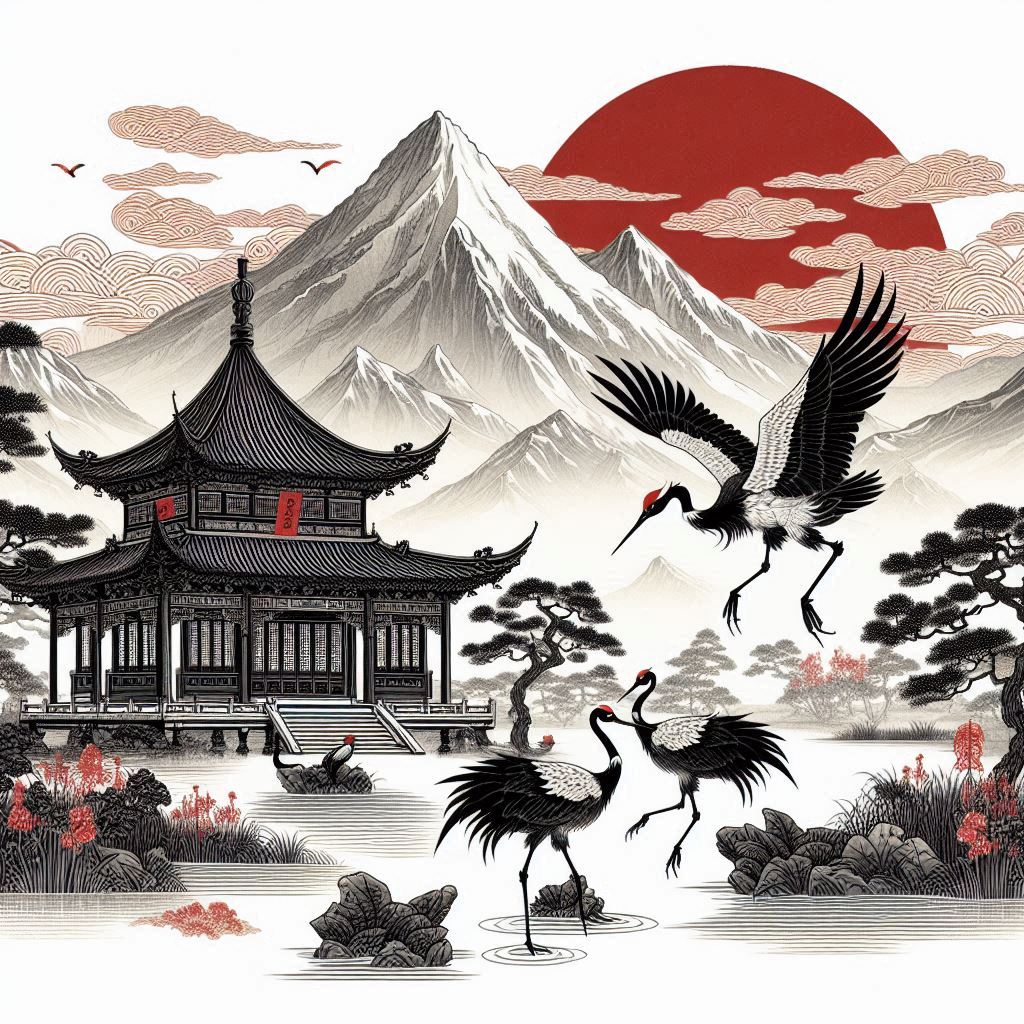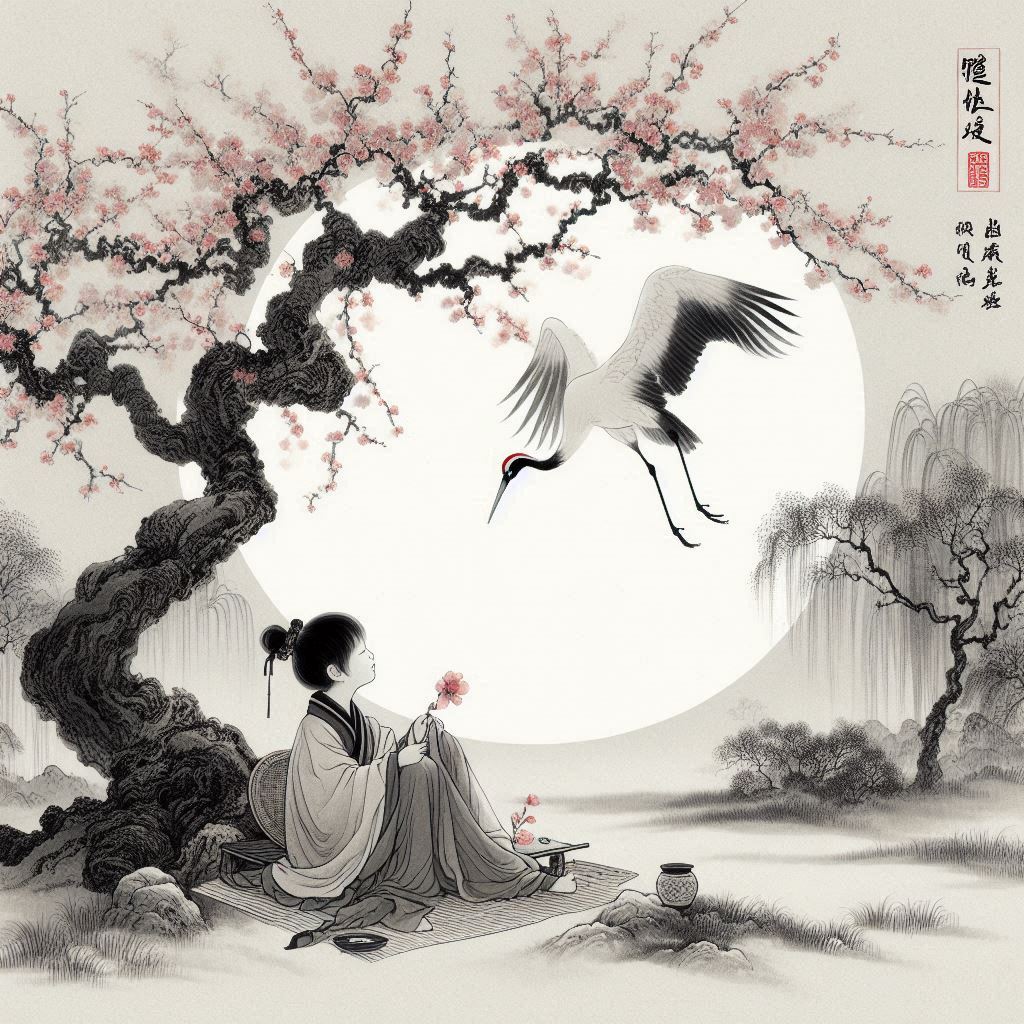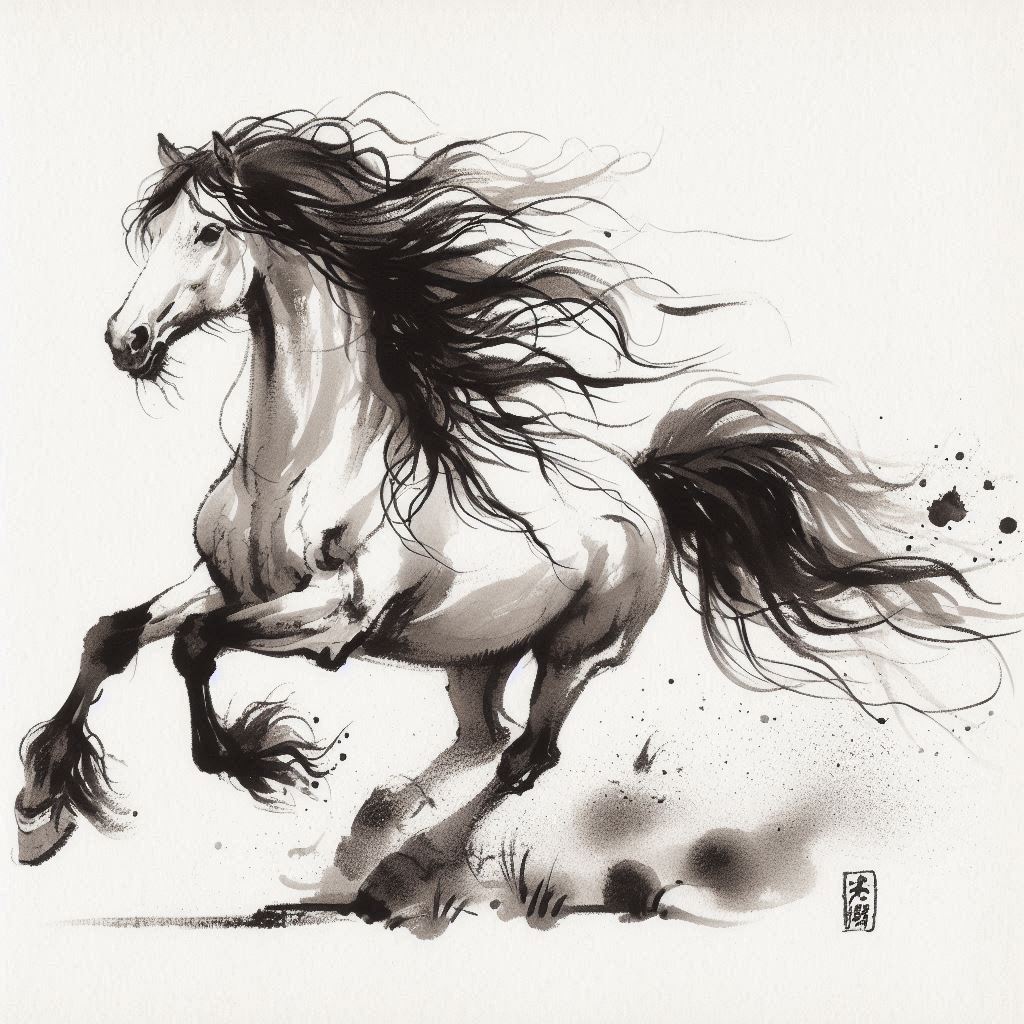Cause
- stress
- sudden and excessive emotions
- over-eating
- eating in a hurry
- worrying while eating
Note: To understand the term "Qi", thus to get a better grasp of the following disharmony, we encourage our readers to review the short material "What is Qi" and "Qi in Traditional Chinese Medicine" in the Vitality chapter.
The Qi of the Stomach may stagnate for various reasons but the major ones are stress and excessive emotions. Whenever there are sudden and extreme emotions the Qi of the Stomach (and not only) ceases to flow smoothly. The emotions that particularly affect the Stomach are worry and excessive thinking.
Whenever we are under stress the Qi of the Liver stagnates, which often gets transferred to the Spleen/Stomach partnership (in Five Elements theory the Liver belongs to element Wood, the Spleen/Stomach belong to element Earth; with its roots Wood disrupts Earth/Wood overacts Earth; i.e. the Liver overacts/transfers its disharmony to the Spleen/Stomach).
Food retention can also happen when one eats in a hurry or when one worries while eating(1).
If you want to learn more about the Stomach and its functions from the perspective of traditional Chinese medicine go to "The Stomach in Traditional Chinese Medicine" in the Physiology chapter.
Symptoms
- fullness and distention in the epigastrium
- nausea
- sour regurgitation
- foul breath
Symptoms of “stagnated Stomach Qi" are fullness and distention of the epigastrium(1)(2). As the food is not being processed vomiting will bring about relief(1). There is nausea(1) and sour regurgitation(1)(2)(3), the breath is foul(1)(2). If the disharmony is not relieved until bedtime one will have difficulty sleeping(1).
Treatment Approaches
The treatment principle of stagnated Stomach Qi is to move Stomach Qi by stimulating its descending quality.
To unlock the rest of this article select "Yes, I want to learn!" below.
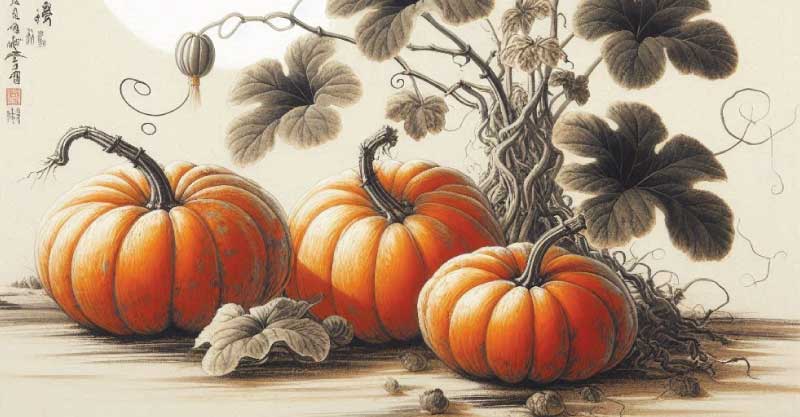
Food therapy is the most economical and non-toxic biochemical approach to health and disease. Food is something we continuously use to sustain our lives. Learning what foods are healing (and what disruptive) for each condition has the potential to convert every meal into a form of therapy.
YS
(1) Maciocia, Giovanni (1989). The Foundations of Chinese Medicine. Edinburgh: Harcourt Publishers Limited
(2) Deng Liangye, Gan Yijun, He Shuhui, Ji Xiaoping, Li Yang, Wang Rufen, Wang Wenjing, Wang Xuetai, Xu Hengze, Xue Xuiling, Yuan Jiuling (1987). Chinese Acupuncture and Moxibustion. China: Foreign Languages Press
(3) Yang Weiyi, Meng Fanyi, Jiang Yuanan(2002). Diagnostics of Traditional Chinese Medicine. Beijing: Beijing University of Chinese Medicine and Pharmacology
Related Articles:
Herbs that relieve food stagnation
The Spleen and the emotion pensiveness
The Spleen, the season late summer, and foods during late summer that benefit the Spleen
Herbs that treat dampness and benefit dampness in the Spleen
Herbs that clear heat and dry dampness
Herbs that tonify Qi and benefit Spleen Qi deficiency
Please read our Disclaimer

